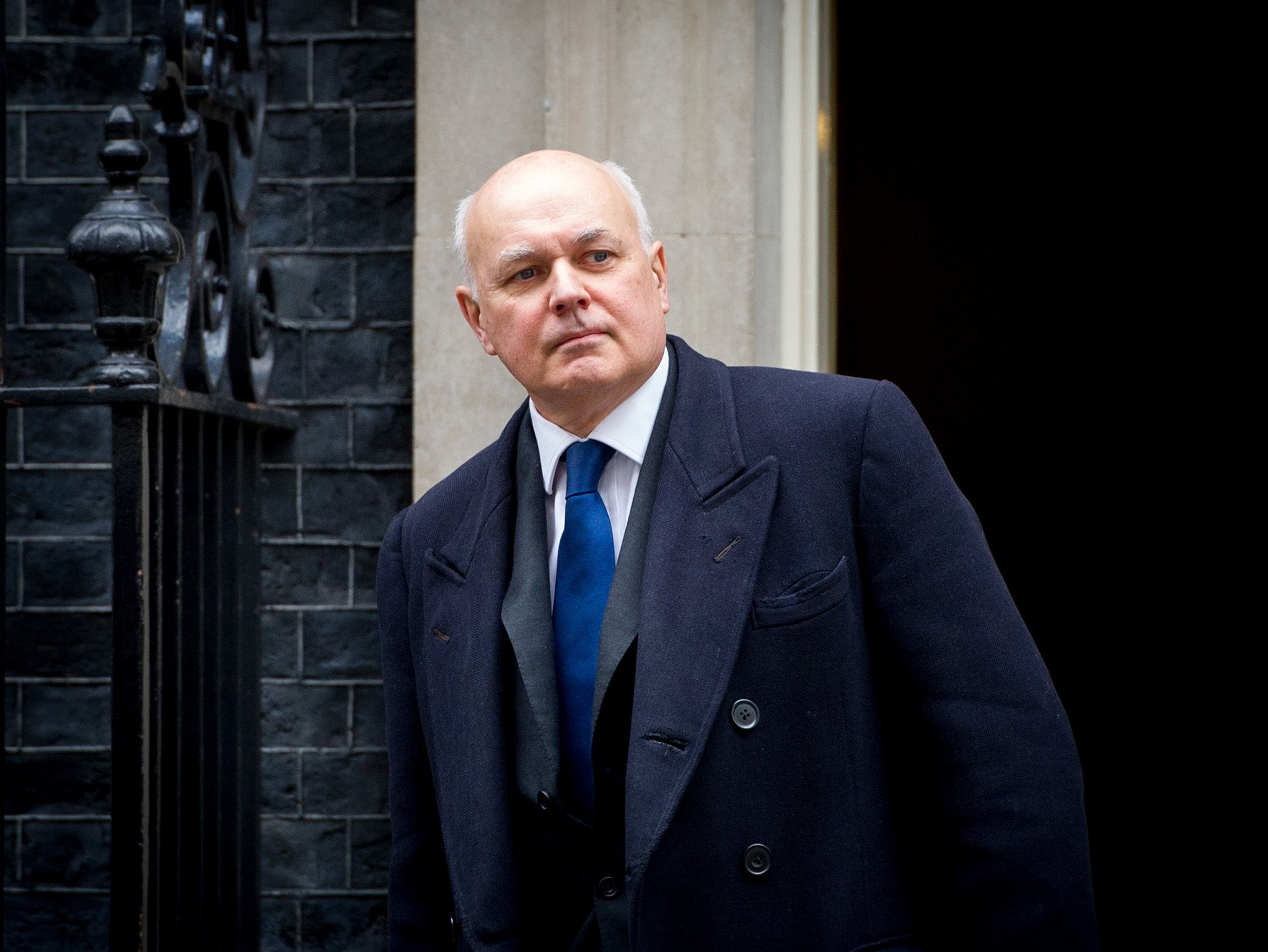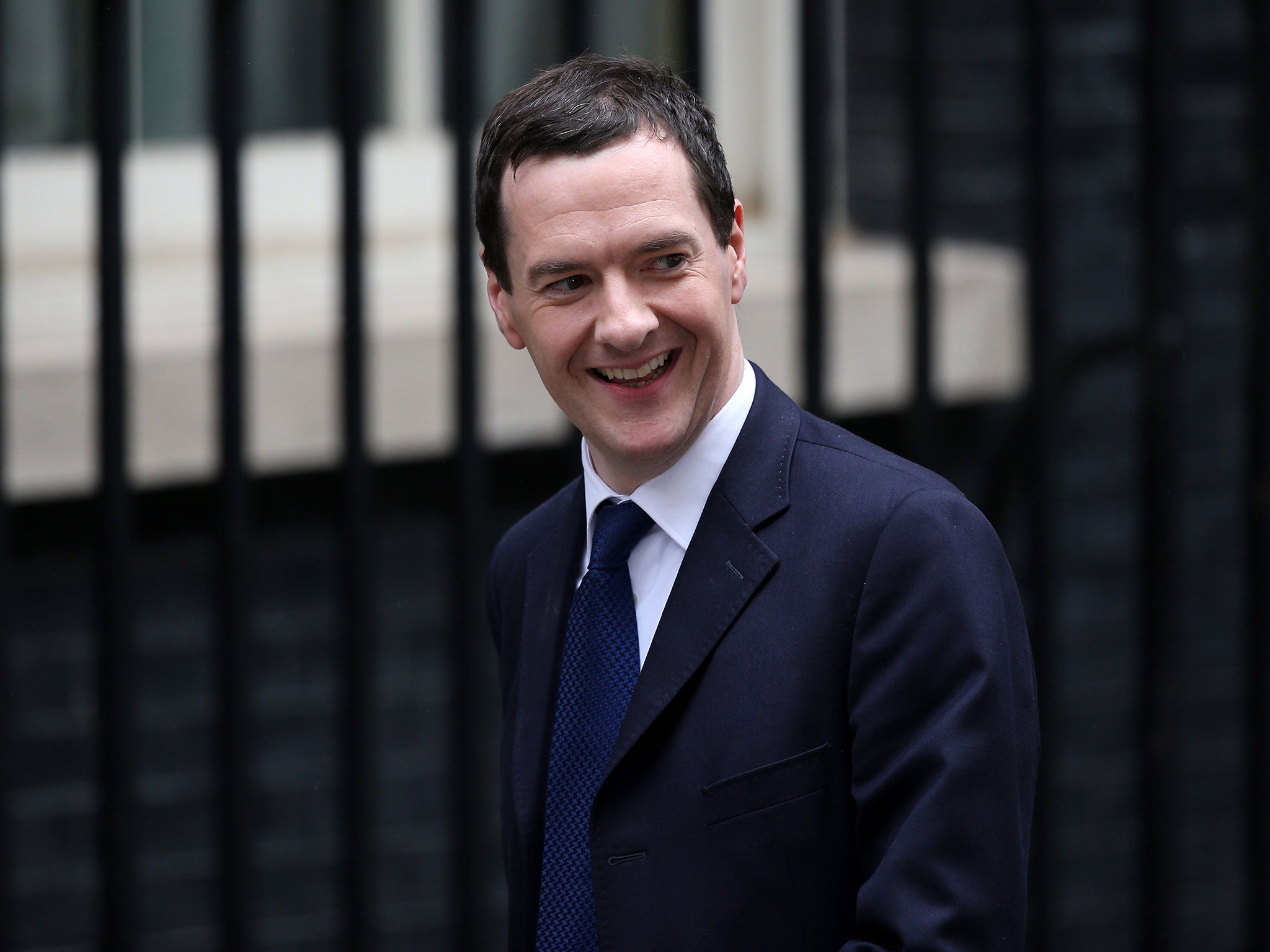Your support helps us to tell the story
From reproductive rights to climate change to Big Tech, The Independent is on the ground when the story is developing. Whether it's investigating the financials of Elon Musk's pro-Trump PAC or producing our latest documentary, 'The A Word', which shines a light on the American women fighting for reproductive rights, we know how important it is to parse out the facts from the messaging.
At such a critical moment in US history, we need reporters on the ground. Your donation allows us to keep sending journalists to speak to both sides of the story.
The Independent is trusted by Americans across the entire political spectrum. And unlike many other quality news outlets, we choose not to lock Americans out of our reporting and analysis with paywalls. We believe quality journalism should be available to everyone, paid for by those who can afford it.
Your support makes all the difference.There is overwhelming public opposition to the disability benefit cuts put forward by George Osborne in the Budget, a series of polls has revealed.
Cuts to the Personal Independence Payment (PIP) confirmed by the Chancellor yesterday will raise £4.4 billion by 2020, by stripping people who use specially adapted appliances of payments.
The cuts would see 370,000 disabled people lose an average of £3,500 a year, according to the Institute for Fiscal Studies.
A poll by YouGov following the Budget found that 70 per cent of the general public believe the policy is “the wrong priority”, with just 13 per cent saying it is a “good idea”
A separate poll conducted by Populus for the learning disability charity Mencap found only 7 per cent of people think the cuts will make society more equal, with 61 per cent believing it will become less equal.
Previous polling released by the charity found that 71 per cent believe the cuts will make Britain a worse place to be disabled.
The latest PIP cut comes hot-on-the hells of at £30-a-week reduction in payments to disabled people in the so-called “work related activity group” of Employment and Support Allowance (ESA), passed by MPs this month.
The backlash against the cuts comes despite previously solid public support for welfare reductions in general.
Against this public opinion backdrop, the Conservatives pledged to make £12 billion welfare cuts at the general election – with the largest single reduction in Wednesday’s spending statement coming from the disabled.

Some backbench Conservative MPs have said they are nervous about the cut, with Cabinet minister Nicky Morgan last night suggesting they were not final and merely a “suggestion” that was “under consultation”.
The Department for Work and Pensions has however already completed its consultation on the changes and a source close to Iain Duncan Smith told the BBC this morning that any suggestion of a U-turn do not “tally with what we and Downing Street are saying”.
Labour leader Jeremy Corbyn said the Government had “declared war on the disabled”.

The Government has drawn particular criticism because the savings from the cuts produce as much money as George Osborne allocated for tax cuts for wealthier people.
A coalition of 25 disability charities wrote to the DWP on the day the consultation was released arguing that the cuts would have a “severe impact” on people’s security and make it harder for them to find work.
Disabilities minister Justin Tomlinson said at the announcement of the cuts that they would make PIP work better.
“The introduction of Personal Independence Payment to replace the outdated Disability Living Allowance for working age claimants has been a hugely positive reform,” he said.
“But it is clear that the assessment criteria for aids and appliances are not working as planned. Many people are eligible for a weekly award despite having minimal to no extra costs and judicial decisions have expanded the criteria for aids and appliances to include items we would expect people to have in their homes already.
“We consulted widely to find the best approach. And this new change will ensure that PIP is fairer and targets support at those who need it most.”

Join our commenting forum
Join thought-provoking conversations, follow other Independent readers and see their replies
Comments